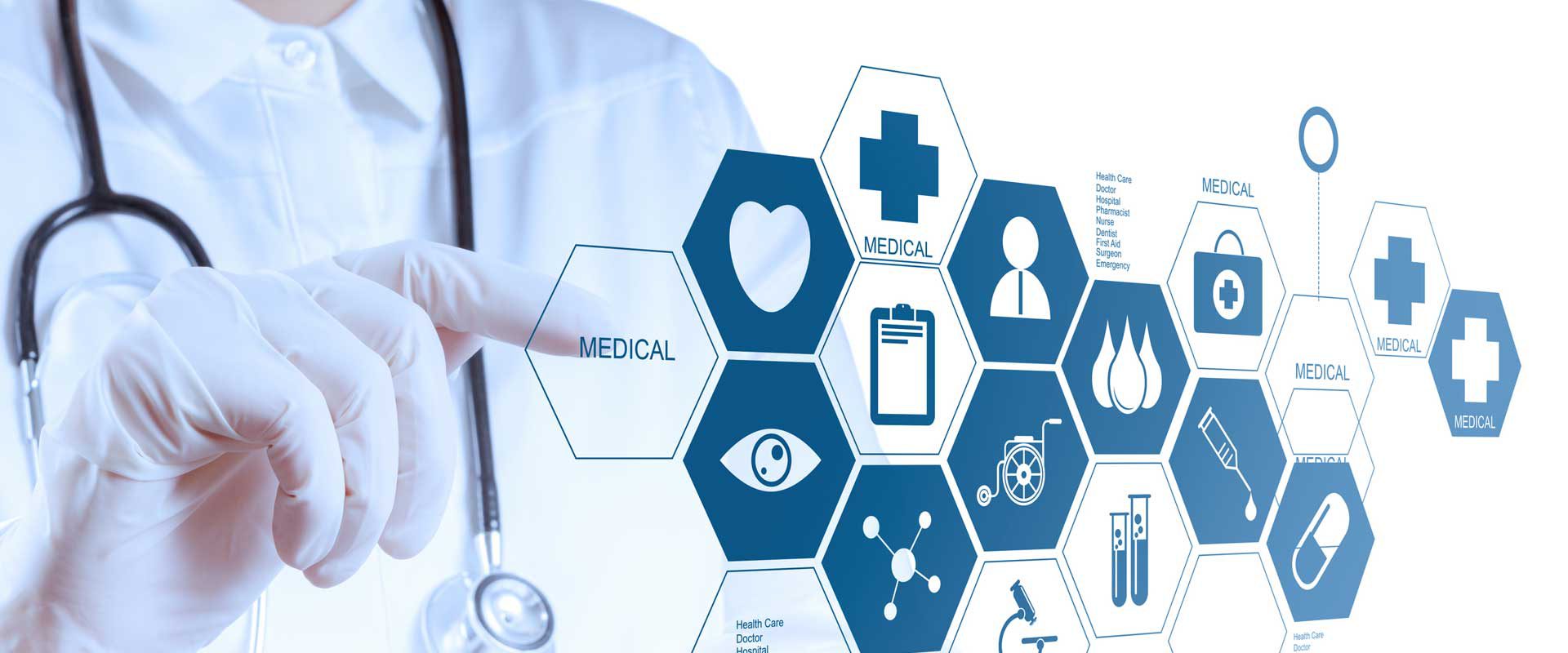

SDG 3 – Renewal of Body and Spirit
Good Health and Well-Being SDG 3 – Renewal of Body and Spirit Like all the survivors of the October 7 Hamas massacre, those who lived


Two pioneers in Israeli medicine are turning the course of health on its head, using Big Data and Artificial Intelligence to predict illnesses and offer new courses of treatment. Dr. Kira Radinsky, and Professor Ran Blitzer are changing the future of medicine in Israel, and probably the world.
Dr. Radinsky’s work – which she sold as a start-up for $40 million – detects trends within a system which recognizes statistic links that are invisible to the naked eye. The first version of this system – which were based on her thesis – were able to successfully predict, weeks in advance, outbreaks of cholera in Cuba. Unsurprisingly, Dr. Radinsky’s work has earned her a host of prizes, and a place of honor in the list of “bright young inventors of our generation” in magazines like MIT Tech Review and Forbes. In 2014 she lit a torch at the annual televised ceremony on Israel’s Independence Day. She has also been appointed as eBay’s Chief Scientist in Israel.
What else is in the pipeline for Dr. Radinsky? Using Artificial Intelligence to create breakthroughs in medicine, for instance, experimenting with drugs that are FDA-approved for certain diseases and identifying how they might be able to treat other diseases. Another direction of Artificial Intelligence in medicine is the identification of new molecules, using AI that will mark them as potential drugs. A third application of AI in medicine that Dr. Radinsky is developing is the automation of diagnostics – that is, the decoding of tests like ECGs. This means a rapid summary of truckloads of data, which ultimately means a fast diagnosis and the support of medical decisions. This can translate into a quick-fire decision in life and death situations.


Professor Ran Blitzer is also using Big Data to predict and treat chronic illnesses, right here in Israel. He is the head of Clalit Health Service’s General Institute for Research, which utilizes databases to improve patients’ health. In 2014 the World Health Organization declared the Institute a center for global excellence. Take kidney disease, for example: Professor Blitzer’s team has created a predictive model that identifies within a homogeneous group (in terms of kidney function) who will, and who will not be prone to contract the disease. With these predictions, doctors can then adapt treatment, which, at this early stage does not have to be dialysis. Generally, the treatment is centered around nutritional change and a change in drug therapy.
Another goal of Dr. Blitzer’s work is the minimalization of unnecessary medical tests and screenings that could even potentially cause harm. Though the Institute is academic, it also creates models of intervention aimed at acting on the ground, such as the development of a model that will predict on the day of hospitalization which patients are at risk of re-hospitalization after discharge. After the patient is released, a computer “nurse” will alert the nurse at his HMO, who will then know what follow-up questions to ask and what treatment to advise, preventing his re-hospitalization. With this technology, re-hospitalizations have already decreased by 9%.
With these ground-breaking advancements “patient-centered medicine” will truly be a reality.


Good Health and Well-Being SDG 3 – Renewal of Body and Spirit Like all the survivors of the October 7 Hamas massacre, those who lived


Good Health and Well-Being SDG 3 – Treating Children Out of Captivity The burden on Israeli authorities entrusted with the medical repatriation of mothers and


Good Health and Well-Being SDG 3 – Resilience As Israel grieves, its people are standing up during these most difficult of hours to help those in need –
Developed by Interactive Ltd
